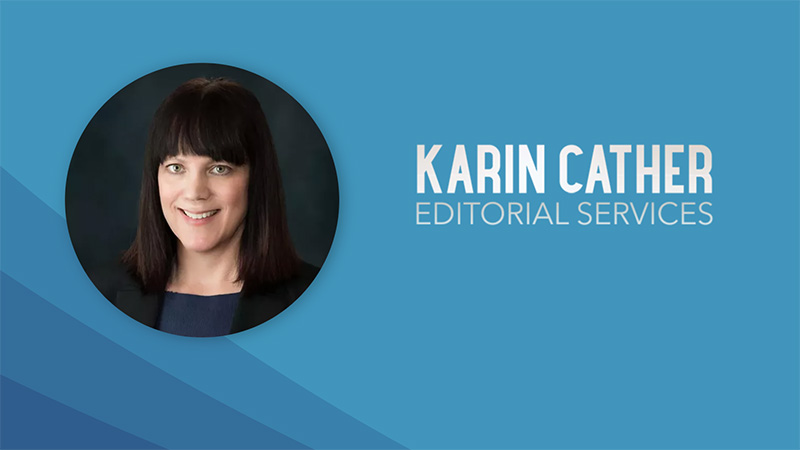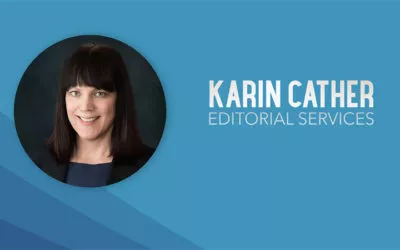Recently, a colleague of mine stumbled upon a Facebook page on which the owners had uploaded an entire book. The whole thing. The book was a parody of another book, which mattered to the owners of the Facebook page, but is irrelevant for purposes of uploading an entire book to a Facebook page.
It is fair to say that the rules of copyright can have some twists and turns to it. For example, how much of a work people are allowed to use, when they must get permission, how they may attribute the work, all do depend on a lot of factors. Using a snippet of someone’s work for academic purposes may or may not be okay in a situation where the same snippet ends up in a novel. One use might constitute copyright infringement and the other might not.
It might not be obvious who owns the copyright, either. When in doubt, it’s best to ask either the friendly neighborhood copyright lawyer and/or the owner of the copyright. The owner of the copyright could be the publisher, or the author or illustrator[1], or someone else.[2]
But there is absolutely no doubt that, unless a work is in the public domain, no one can use the whole work. I want to stop here and say that I am only going to address the issue of copyright and not of plagiarism. Plagiarism involves someone taking someone else’s work and saying it’s theirs, and it takes many forms. I have linked to some sources that discuss and define plagiarism for reference.[3] But people can cite a work correctly all day and all night and still be committing copyright infringement. And copyright infringement is stealing.
Many people don’t realize it. They aren’t being malicious when they upload an entire work or pirate a movie. They figure that one little unauthorized copy won’t hurt. Some people haven’t even thought about copyright infringement or what it means to the artist.
Who does it hurt? Does anyone really want to say out loud that stealing anything is a victimless crime? Every time a book is sold or lent through a library, the author and illustrators get paid. When someone commits copyright infringement, they are depriving the author and illustrator of potential proceeds from the sale of the book. And authors and illustrators don’t get rich off book sales unless they are Stephen King or J.K. Rowling. Stealing from them isn’t a victimless crime, either.
Almost everybody agrees that walking into a bookstore, pocketing a book, and walking out of the bookstore without paying is stealing. I think we can all agree that taking that book, making copies of the whole thing, and handing it out to people in front of the bookstore would be depriving the bookstore of book sales. And money. I think we can take the natural next step and agree that handing the book out for free in front of the bookstore also deprives the illustrator and the author of their share of the proceeds from the sale of the book. But when that book ends up online, in its entirety, I think it’s harder to connect the dots between the person handing out the photocopies in front of the bookstore and the person who allows others to read the whole book at the click of a mouse. But it is the same thing.
Some people may honestly believe that artists are supposed to starve,[4] and that creative professionals should spend hours, days, weeks, months, or years on their work and then be forced to attempt to pay their living expenses with exposure bucks. That belief displays a shocking degree of hostility toward the people who work hard to produce the things that actually make life on earth better. And yes, porn is subject to copyright, too, if that changes anyone’s position on the richness of life without stuff subject to copyright. Some people might also believe that a little shoplifting never hurt anybody, either. I have nothing to say to such people—except that they might need to get their conscience a tune-up, because it’s broken.
Artists used to be supported by rich people who acted as their patrons and paid all their bills for them. Or the artists were already rich. For example, Leo Tolstoy was already rich, and Michelangelo had a patron. Artists occasionally lived in garrets and things and starved, but that was at the same time that children were put to work in factories, so that doesn’t exactly strike me as a time to be nostalgic for.
If you suspect copyright infringement, what do you do about it? You could contact the people who you think are committing the copyright infringement, if you think it is safe to do so. They may not have thought through their decision to use the work without permission. The issue of copyright has probably not even occurred to them. They may even be grateful for having someone kick them under the table and save them from a lawsuit or from public embarrassment.
As far as the Facebook page with the uploaded copy of an entire book, someone contacted the owners of that Facebook page by private message. The owners were not receptive. They didn’t get it. So I looked up the publisher’s contact information and e-mailed their permissions department, including a link to the Facebook page. Many publishers will send a cease and desist letter to anyone whom they feel is infringing on their copyright.
Authors are responsible for determining what they need to get permissions for and what they don’t. There are professionals who can take care of obtaining permissions. Some editors do that kind of work as part of their bundle of services. Some editors, me included, can refer authors to specialists who do that. Regardless, every time Stephen King quoted a line from a rock song in one of his novels, and it wasn’t in the public domain, he (or someone acting on his behalf) got permission from the holder of the copyright. And they probably paid a fixed amount for the privilege. And, of course, the owner of a copyright can say no without more. Academics, especially those writing a thesis or a dissertation, generally can ask their supervisors or academic institution (or the journal itself) for guidance.
As your editor, I can flag things and suggest that you follow up.
[1] For the purpose of this post, illustrator could also mean photographer.
[2] State bars (or, for example, the Law Society of Upper Canada, in Ontario), usually have a lawyer referral line, where members of the public can get names of lawyers who specialize in certain areas, including copyright law. If anyone has any question at all about whether publishing anything does or does not create a copyright problem, they can never go wrong if they contact a copyright lawyer and ask. Many lawyers will charge a fee for a one-hour consultation. By asking a lawyer, someone might spend some money on the front end, but it’s better than being sued.
[3] There is even something called self-plagiarism. The links I’ve supplied can help define that, too.
[4] Most authors will not get rich. The Guardian wrote something about this, with hard numbers, in 2015. I’ve heard that authors make as little as $1.25 USD per book. As an aside, if you are an author and you need help with funding, in order, for example, to pay for editing, illustrations, cover art, etc., consider PubLaunch.






0 Comments